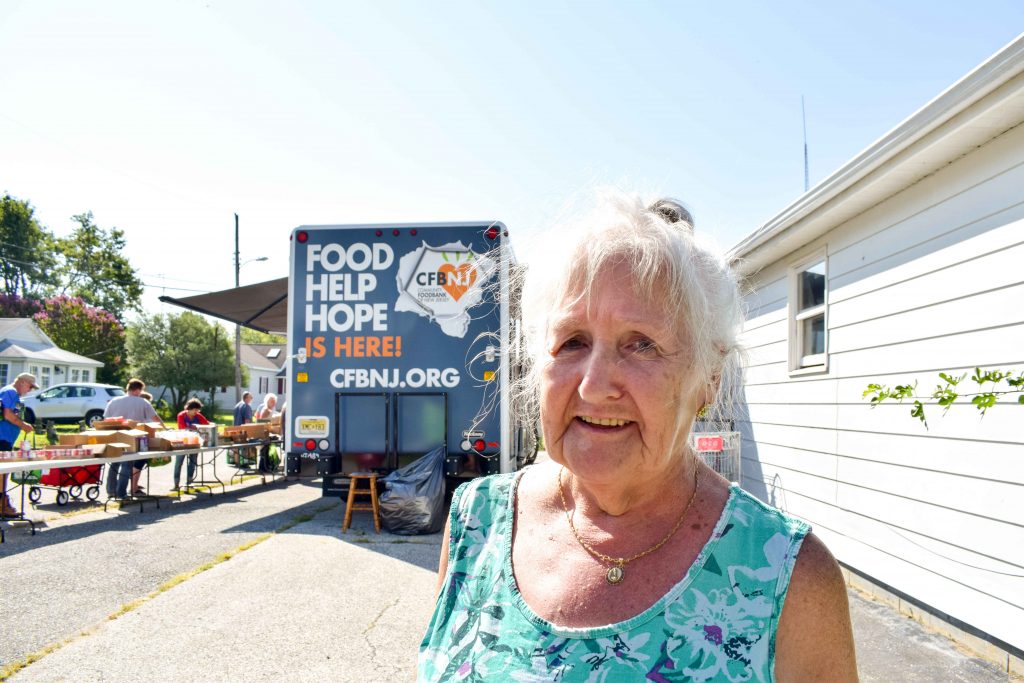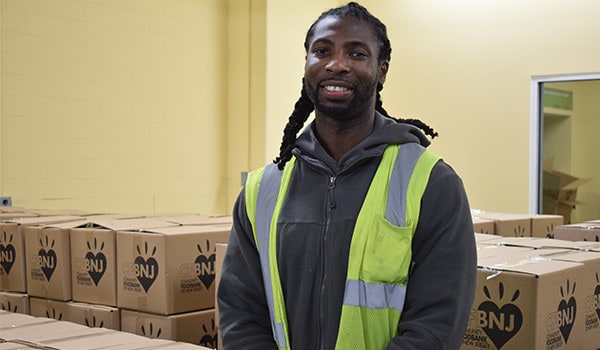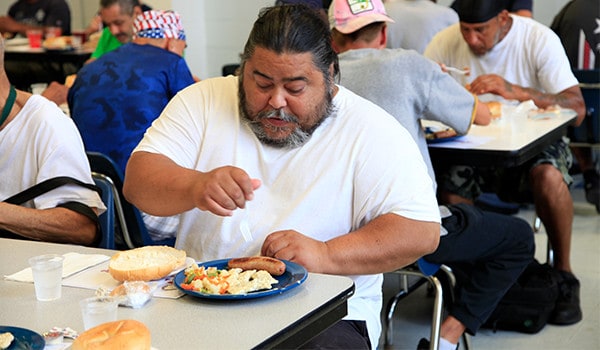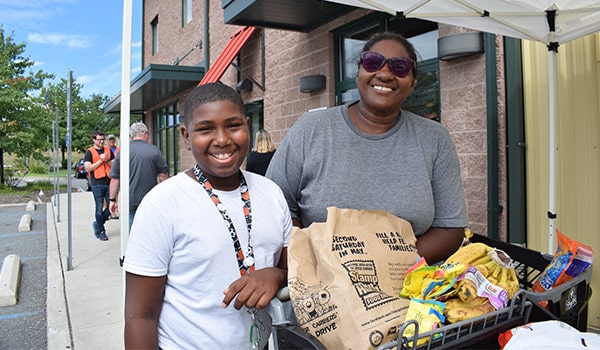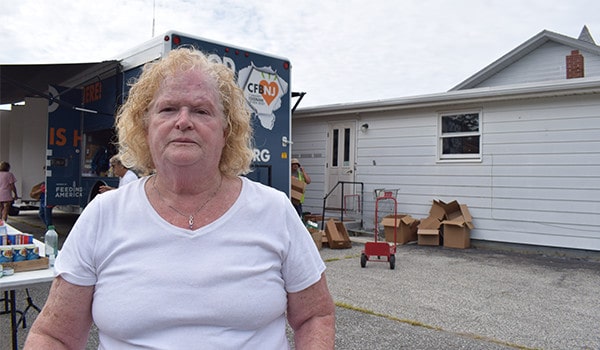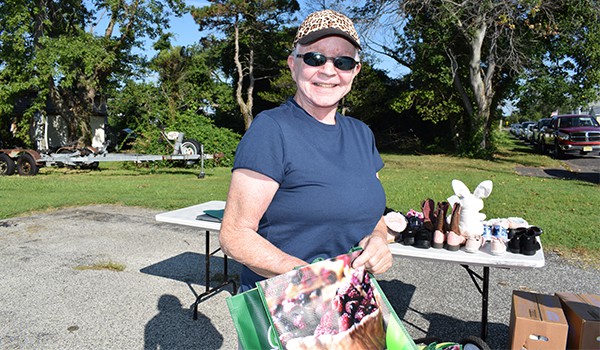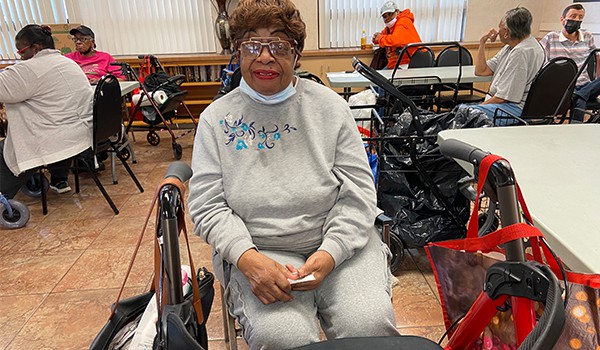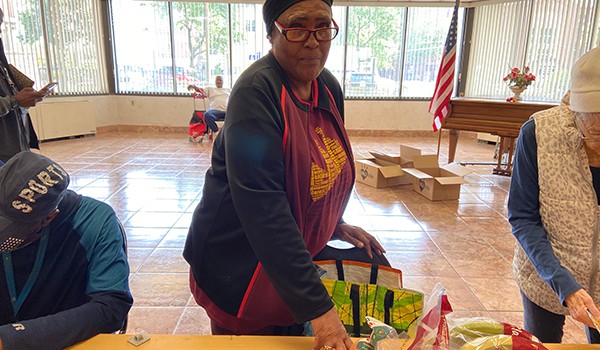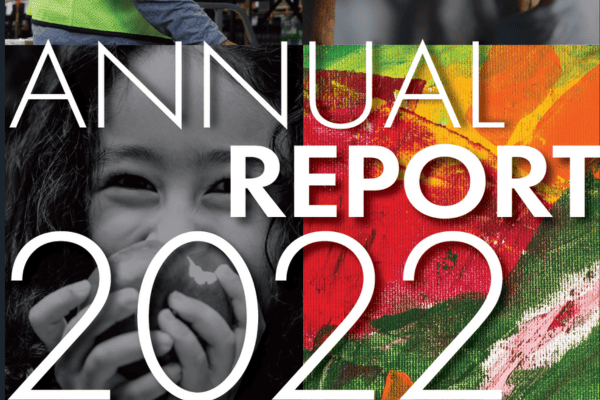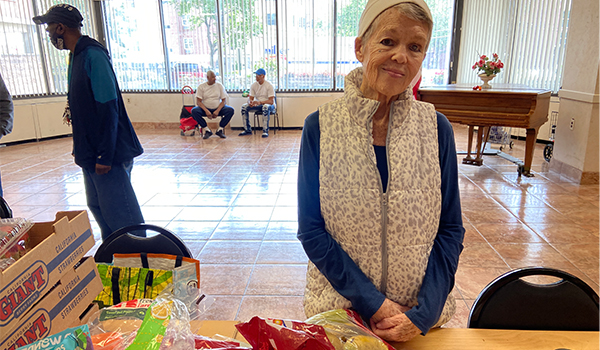Older Americans Month: Meet Mary Anne
Fortescue in Cumberland County is a forever home for Mary Anne, who has lived in the bayside community for 38 years. Mary Anne loves her life in Fortescue and refers to the town as “a piece of paradise.” After working and raising six children, she Learn More

